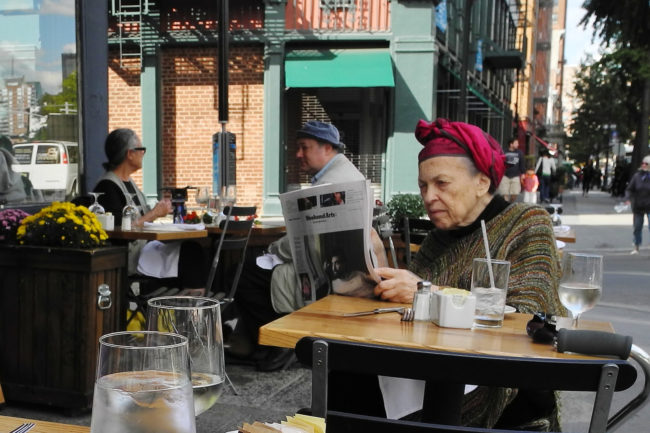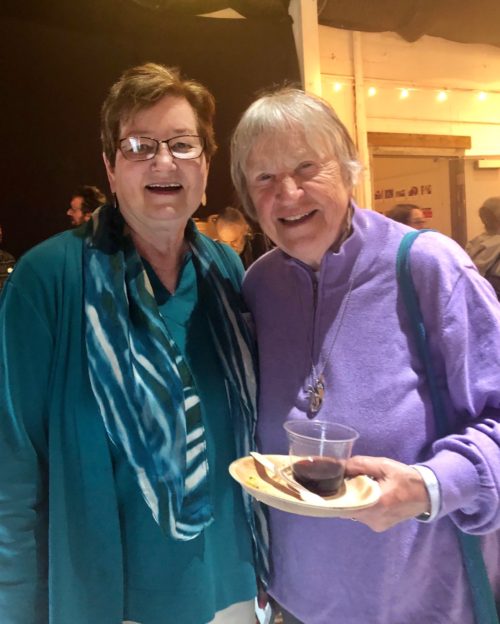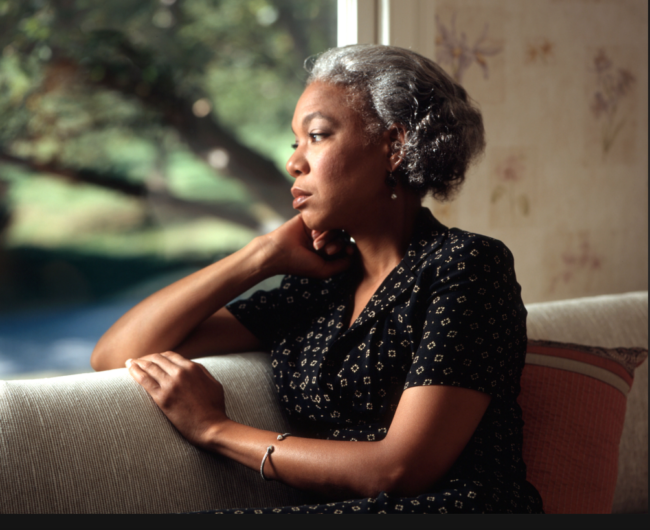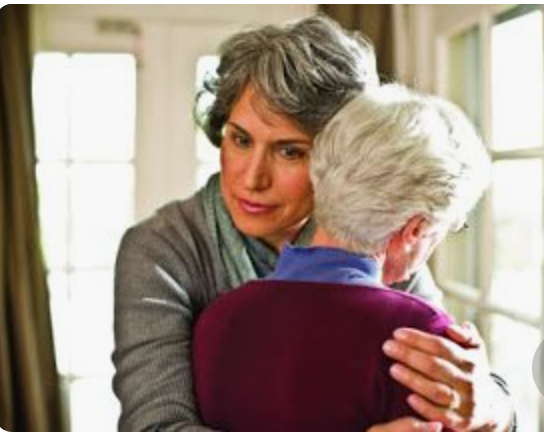A neighbor, an elderly woman, who’s been through the mill caring for a husband with Alzheimer’s is referred to as a “strong woman.” I know several Maine women, well into their ‘70’s and ‘80’s, who have carved out self-sufficient rural lifestyles, including chopping their own wood. They too are called “strong women.” I receive this label myself when I attend plays and concerts alone or take a solo trip.
On close examination I find the ‘strong woman’ tag troubling. It can prove isolating to the woman it’s referring to.
When I verbalize concern for my caretaker neighbor, or those women I know who are getting a bit long in the tooth to live alone in the boondocks, I’m often dismissed in terms of, “She’s a strong woman.” Translation: “Don’t worry about her. She’s up to the task at hand.”
This dismissal of the strong woman, relegating her to managing alone, runs counter to research on female development. Findings from Wellesley College’s Stone Center on Female Development conclude that women are drawn towards connection, and when they cannot respond authentically they feel disconnected.
The strong woman might willingly deprive herself of reaching out because she’s been conditioned by the social perception she doesn’t need help. She can fall into a self-fulfilling prophecy.
I have a friend who was bedridden with a nasty flu for two weeks and never let me know until she recovered. She joked about how she survived on barely any provisions. I would have gladly shopped for her, but she had locked herself into the fiercely independent woman image where it had become difficult for her to be vulnerable.
I know several women who struggled as single parents, raising kids and getting food on the table. Everyone looked on them as strong women. Their years of holding it together for the sake of their family may have contributed to their difficulty showing feelings. They are wonderful women, but appear afraid of letting their guard down. They rarely cry.
Hannah, the Mia Farrow character in the film, “Hannah and Her Sisters,” is viewed as the strong sister, the first to be called upon when a family member is in crisis. When Hannah’s husband comments on her fortitude, Hannah uncharacteristically breaks down and confesses, “But I have enormous needs.” Her husband is so taken aback, that words fail him.
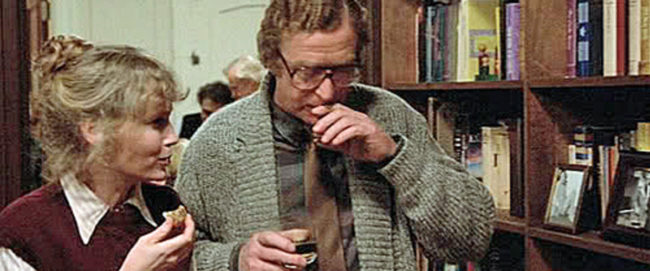
The scene from “Hannah and Her Sisters” where Hannah confesses to her husband that the price of being a strong woman is to have her needs go unanswered
The ‘”strong woman” is seen as super resilient. I’m reminded of the military training that one sucks up difficulties and moves on. If women thrive on connection, resilience that silences becomes isolating and a disingenuous female response.
The Stone Center findings remind us that helping others is the key to building compassion. In a world that has become increasingly violent and disconnected, we’ll all be enriched if we extend a helping hand and warm heart to one another.
The next time someone describes an acquaintance as “a strong woman.” smile and make a mental note to reach out to her. There’s nothing “weak” about needing one another. In fact it’s the lifeblood of sisterhood.
